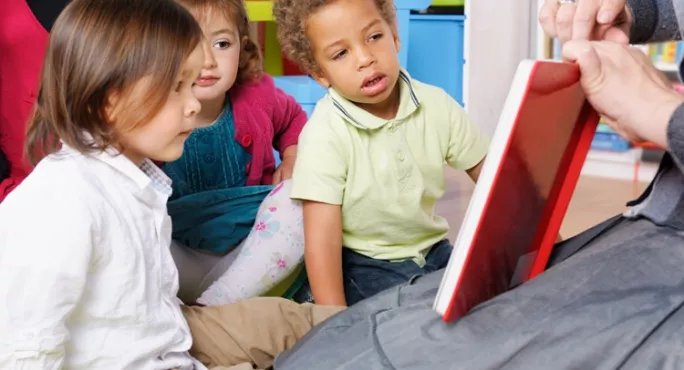Primary schools should ensure Reception classes are taught by their very best teachers, according to a major new study showing that pupils taught well in Reception do better in their GCSEs.
In one of the biggest studies of its kind, involving more than 40,000 children in England, researchers from Durham University’s Centre for Evaluation and Monitoring, led by Professor Peter Tymms, tracked the progress of pupils from Reception through to the age of 16.
The results, published in the School Effectiveness and School Improvement journal today, reveal how those taught well at Reception went on to do better in their GCSEs.
“Being in an effective class in the first year of school, when the children were aged 4 to 5 years, was significantly related to later attainment at age 16,” said the study. The impact was about 0.4 of a GCSE grade, according to researchers.
The “boost in attainment from an effective first year of school” remains with children “right through to the end of secondary school”, the study states.
It adds: “This finding leads us to suggest that good-quality educational provision in this phase of a child’s school career has lasting benefits.”
The first year of school is a “period of rapid cognitive development”, according to the research paper, The long-term impact of effective teaching.
Drawing on data from the Performance Indicators in Primary Schools monitoring system and the National Pupil Database, researchers measured pupils’ reading and maths development at the start and end of Reception year, then at ages 7, 11 and 16. They accounted for various factors that could affect the results, such as differences in ages, gender, ethnicity, special needs and socioeconomic status. The pupils involved in the study started school in 2000 and took their GCSEs in 2012.
The findings have “important implications for policy”, according to the study.
“The Reception year presents an opportunity to positively impact on children’s long-term academic outcomes, and we suggest that there should be a focus on the placement of high-quality teachers and resources to ensure that all children experience an effective first year of school,” it states.
Responding to the research, John Coe, spokesman for the National Association for Primary Education, said: “This is welcome confirmation of the value of primary education. It is time this was recognised by government, which should take early steps to equate the investment of people and resources across primary and secondary schools.”
He added: “By the age of 11, it is too late for too many children, vital opportunities for learning are lost because of the underfunding of primary education.”
The research comes after Ofsted’s Bold Beginnings report said an unsuccessful first year at school could mean children suffer the “painful and unnecessary consequences of falling behind their peers”.
The report has been criticised for pushing for a more formal Reception year. But Ofsted chief inspector Amanda Spielman said the report was a “well-founded study of what is happening in the schools”, particularly where those children from the lowest starting points do very well.
A Department for Education spokesperson said: “We want to make sure all children get the best start in life so they are ready to start primary school. That’s why yesterday the Education Secretary announced £50m to create more school nursery provision for disadvantaged children, and £20 million for school-led professional development for early years staff to support language development, as part of an ambitious plan to boost social mobility.”
Want to keep up with the latest education news and opinion? Follow Tes on Twitter and Instagram, and like Tes on Facebook




